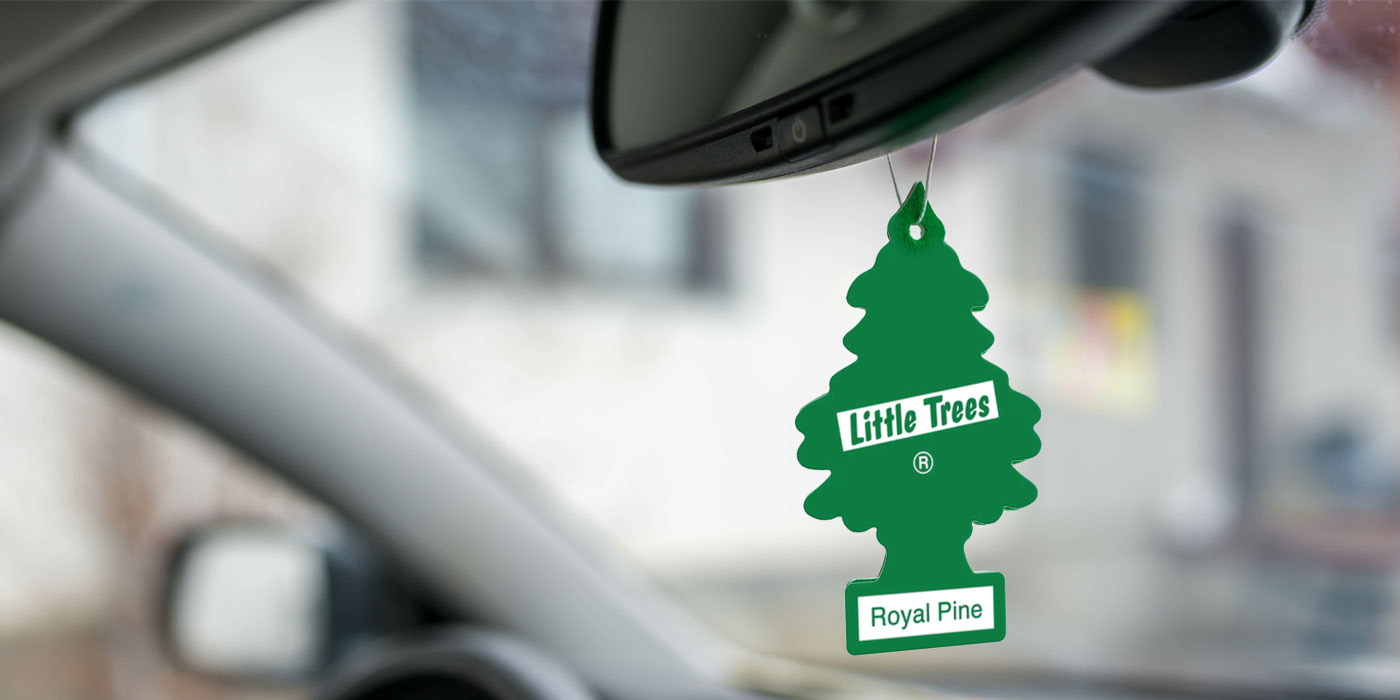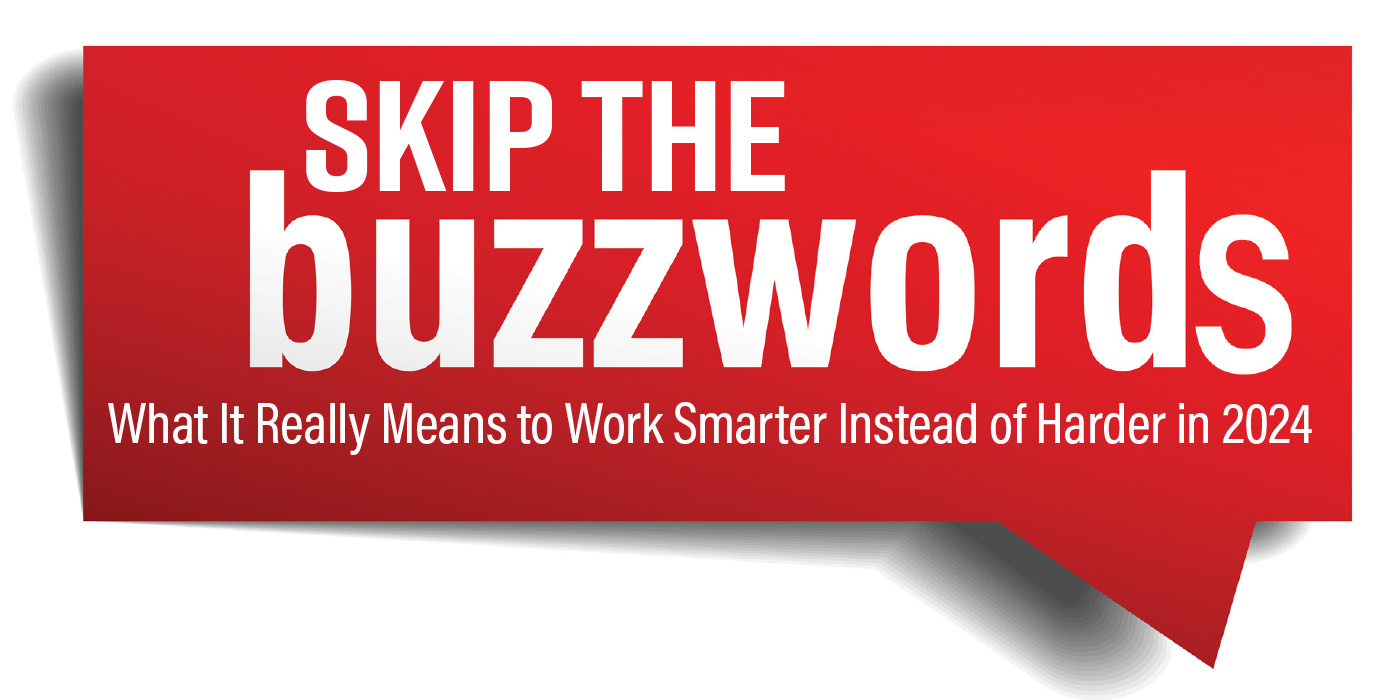As human beings, we all crave and have a strong need to belong. It gives us a feeling of security, acceptance for who we are, and affirmation. Inclusion is a strong human need. It encourages us to be our authentic selves, both at home and at work, and to feel secure and appreciated.
Acceptance, loyalty, comfort, support and positive words represent a true sense of belonging. The desire to be rooted (belonging) in us is hugely impactful in how we act, feel and view the world around us. Acceptance, human connection, and trust are words that represent a true sense of belonging. Belonging makes us comfortable with ourselves and improves our self-image and self-consciousness.
The experiences of the past two years have intensified our need to belong, to develop and maintain meaningful relationship, and be with and work with people who care. Yes, I said “care:”
Communication +
Acknowledgement +
Respect +
Energy =
_________________
Positive CARE
By creating a culture of belonging where employees do not feel the need to downplay their identities, everyone can and will be more successful. Employees speak up more when they feel that they belong.
Social belonging is a fundamental human need hard-wired into our DNA. Yet, according to the Harvard Business Review, “40% of people say that they feel isolated at work, and the result has been lower organizational commitment and engagement.” The facts are, we all need to feel included. To be left out is a deeply human problem. Belonging is good for business. It reduces employee turnover and absenteeism, increases job performance, and, in effect, reduces costs.
People who feel they belong perform better and become more willing to challenge themselves and are more resilient, which is a powerful motivator. Belonging creates social bonds through forming cross-functional teams to solve specific problems outside their day-to-day responsibilities. A true sense of belonging is more important than ever given the fact that many teams and employees are working remotely. Leaders should ask themselves the question: “Am I making associates (employees) feel they belong where we are?”
Sharing work-related experiences and stories solidifies a feeling of belonging. Recognizing the universality of experiences can dispel the limitations that people often impose on themselves. Add “belonging” to the organization’s goals and objectives. Air out the subject–ask employees if they feel that they belong. Ask for ideas and suggestions on how to improve a strong sense of belonging. Conduct an employee belonging survey and publish the results.
Actions
• Create intentional connections. Bringing people together can develop an environment where people feel they belong and build trusting relationships.
• Encourage new perspectives and opinions.
• Foster a sense of belonging that unlocks the power and value of diversity
Fostering belonging in the workplace means that all associates (employees) of all backgrounds have a seat at the table and feel heard, appreciated, seen, and recognized for their contribution. The essence of belonging is more confidence, strong persistence, and ultimately better performance and professional satisfaction. When we feel that we belong, we are quick to be an ally for someone else. Belonging opens the door to better accept ourselves. Unconditional acceptance of ourselves makes it easier to belong and to integrate into a team or group. A suggestion: ask your longest-serving employee if they feel they belong! Then ask the same question of your newest employee and compare their answers.
In this stress-filled world, remember: “No man is an island.” – Thomas Merton
Our mental health and personal well-being are influenced by the quality of our personal and business relationships. We all seek and need a true and secure sense of belonging!














I once worked with a Romanian technician named Alex. He was a tiny guy who chain-smoked. His greatest fear was not a totalitarian dictator. It was fire and falling cars.
Back in those days, we used drop lights with incandescent bulbs. This was long before LEDs and rechargeable batteries. The bulbs would typically stop working when they were lightly jostled. If they were dropped, the glass bulb would shatter.